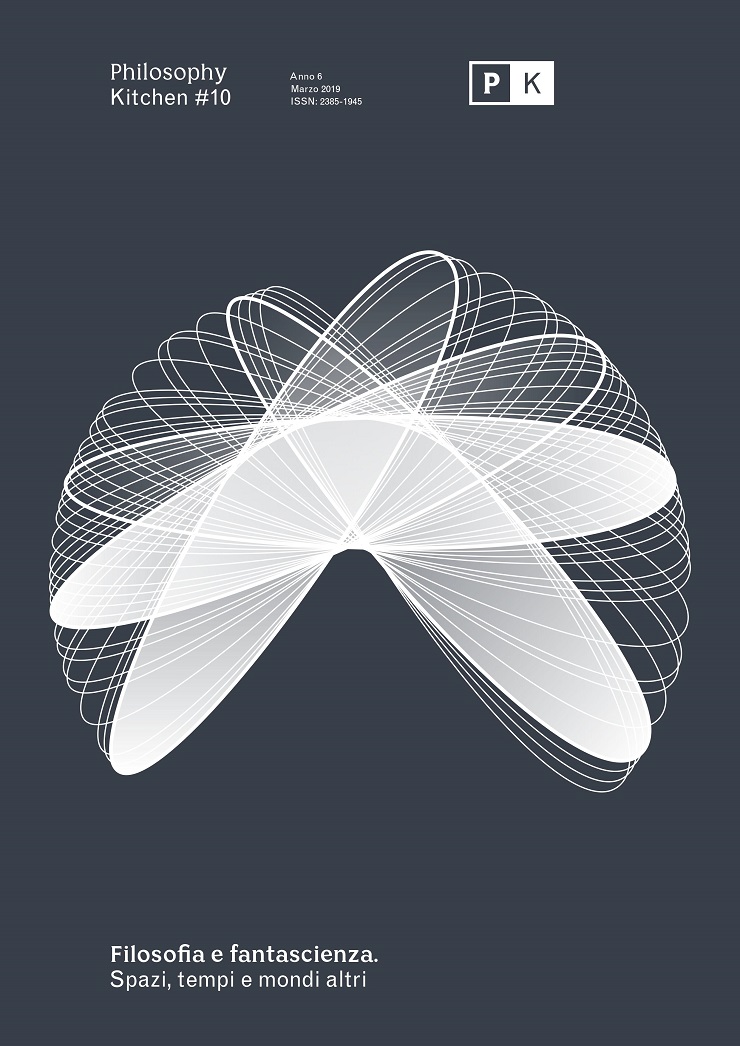L’utopia egoista nei film di David Lynch: una ribellione contro i limiti della realtà
DOI:
https://doi.org/10.13135/2385-1945/4085Abstract
The present paper aims to reveal how the subject of utopia is dealt with by the film director David Lynch, with a particular focus on his works Lost Highway and Mulholland Drive. Fred and Diane, the protagonists of the two movies, in a moment of deep anguish and without seeing any escape from their situation, build, by means of the dream, an alternative world. This utopian creation both criticizes the objective limits of reality and shows alternative paths within it. Through the dream, the two characters not only fantasize a different reality closer to their aspirations and desires (a creation which reminds Bloch’s daydream and Bachelard’s rêverie), but they also create an alternative identity. This alter ego is very far from the typical embodiment of the unconscious evil sides of personality, as theorized for example by Otto Rank in his work The Doppelgänger; instead, it is the realization of all the possibilities which the characters could not, or were not able to, actualize. As the creations of new world by science-fiction literature and cinematography, the dreamworlds of Lynch movies, shaped by the character in an act of rebellion against an alienating reality, open new possibilities of existence as well as meaning.






